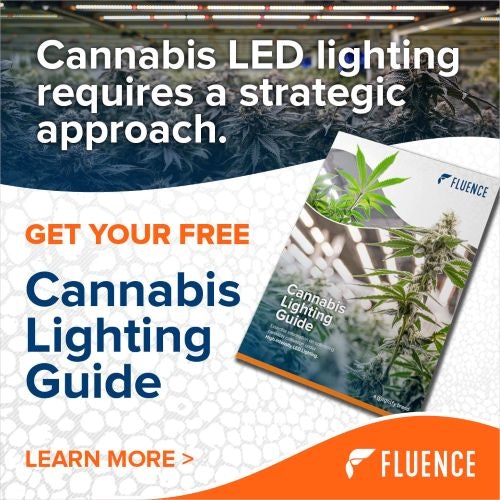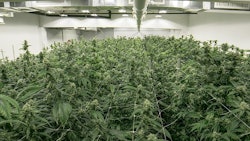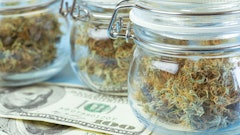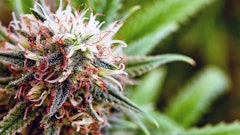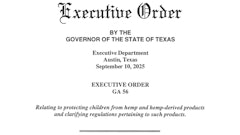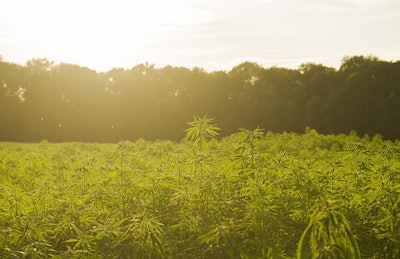
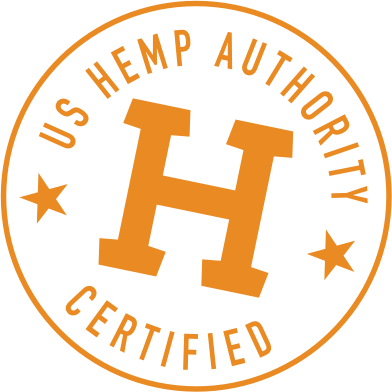
In an effort to standardize quality control and build a better hemp industry post-Farm Bill, the U.S. Hemp Authority has launched a Certified Seal program to recognize companies that have taken steps to provide consumers access to safe and accurately labeled hemp-derived products, including those containing hemp-derived CBD.
In early March, the organization awarded its first 13 Certified Seals to companies that met the program’s stringent standards, which are modeled after existing federal regulations for manufacturing in the dietary supplement industry.
Here, U.S. Hemp Authority President Marielle Weintraub discusses the journey to issue these first Certified Seals, as well as how the program aims to keep consumers safe in the rapidly expanding hemp market.
Cannabis Business Times: Can you give me some background on the U.S. Hemp Authority and its work in the hemp space?
Marielle Weintraub: Two and a half years ago, it was a group in the U.S. Hemp Roundtable, which is more of a hemp lobbying group. They took it upon themselves to recognize the importance of creating a self-regulated organization, or SRO, until there were very strict, written, and black and white guidelines as to safety and quality standards in hemp and hemp products. They began a standards committee, which I was on at the time. We began to use what was already written. First, we wanted to grab as much federal guideline as we could, so we looked to the federal guidelines for current good manufacturing processes for dietary supplements. Those already exist for dietary supplements, but we understood that we would need to branch out from just that to cover the fact that it is a botanical product, which adds a couple layers of testing and quality standards needed. And in addition to that, it’s not just a normal botanical—it comes from a plant that has a stigma attached to it in the U.S.
So, we wanted to make sure that the bases were covered from the federal regulation side, from the botanical regulation side and from the fact that different states have different guidelines and testing [regulations], depending on whether or not they are a med/rec legal state. For instance, the state of California has cannabis regulations around what pesticides you can and cannot use, in addition to their labeling guidelines, so we wanted to make sure we took those into account, as well, so that people could be as federally compliant and state-compliant with these regulations as possible. That’s where this SRO started.
The actual certification program is our industry’s initiative to provide high standards. It’s also [meant] to be very easily recognized by consumers and law enforcement, which is why the stamp is there and the certification seal is there, so it’s an easy way to tell that these products are safe and legal.
CBT: Can you briefly describe the process for a company to receive a Certification Seal?
MW: We have a website, USHempAuthority.org, and on that site, we have our guidance procedures to help either growers or processors understand the program. It goes over contaminant testing. It goes over personnel guidances. And at the same time, there is a link for an email to Validus Services—they are the group Where Food Comes From, who is our third-party certification body. They are the ones who have all the audit guidelines [and] all the audit papers. They’re the ones who do the original discussion with you, make a time when the auditor can come out, but then [also] make sure you’re prepared for that audit so it’s not just a waste of time. They want to make sure all that paperwork is together because it is a full day audit and it can go over a full day if you’re not prepared for it. They begin doing the third-party audit, and if you pass their audit, then they are also the ones that issue the seal to you. If you don’t pass, they give you the reasons you didn’t pass, which gives those companies a chance to get up to snuff and re-apply.
CBT: What is the significance of the certification? What impact might it have on the larger hemp and cannabis industries?
MW: At Natural Products Expo West a couple years ago, there were a handful of companies that had a hemp or a CBD product. And this [year], I was told by multiple people that there were over 170 groups with a hemp or CBD product present, and I think there were 88,000 people at this conference. So, there’s a very clear increase in the [number] of products available and the companies doing this, and the questions I get most are “Which ones should I buy?” and “Who can I trust?” And when there are that many products on the market, we wanted to make sure people could make a choice, knowing that there is a certification program that is trying to drive the industry to higher standards, best practices, and give that confidence to the consumer that they can trust the products they’re buying.
CBT: What are some of the organization’s broader goals going forward?
MW: We started with dietary supplements, [but] the idea is to be a certification program for the entire hemp industry. Later down the line, depending on which way the FDA goes, we’re looking at companies that have food products that are infused with CBD oil because that’s a whole different federal regulation and guideline program. It has a different set of rules. In addition to that, we would like to extend out where people are making paper, they’re making hemp cream, they’re selling biomass. We want to continue to evolve as this industry evolves and be a reliable program where people know, no matter what type of product it is, if it’s in the hemp industry, it’s a product that can be trusted.
Very soon, our website will be updated. We’re going to keep a running list of those that have been granted the seal. So, if customers are interested in knowing who has this certification, there will be a place for them to see who has the industry standards and best practices and the certification showing that they are producing safe and legal products.
Editor’s Note: This interview has been edited for style, length and clarity.

